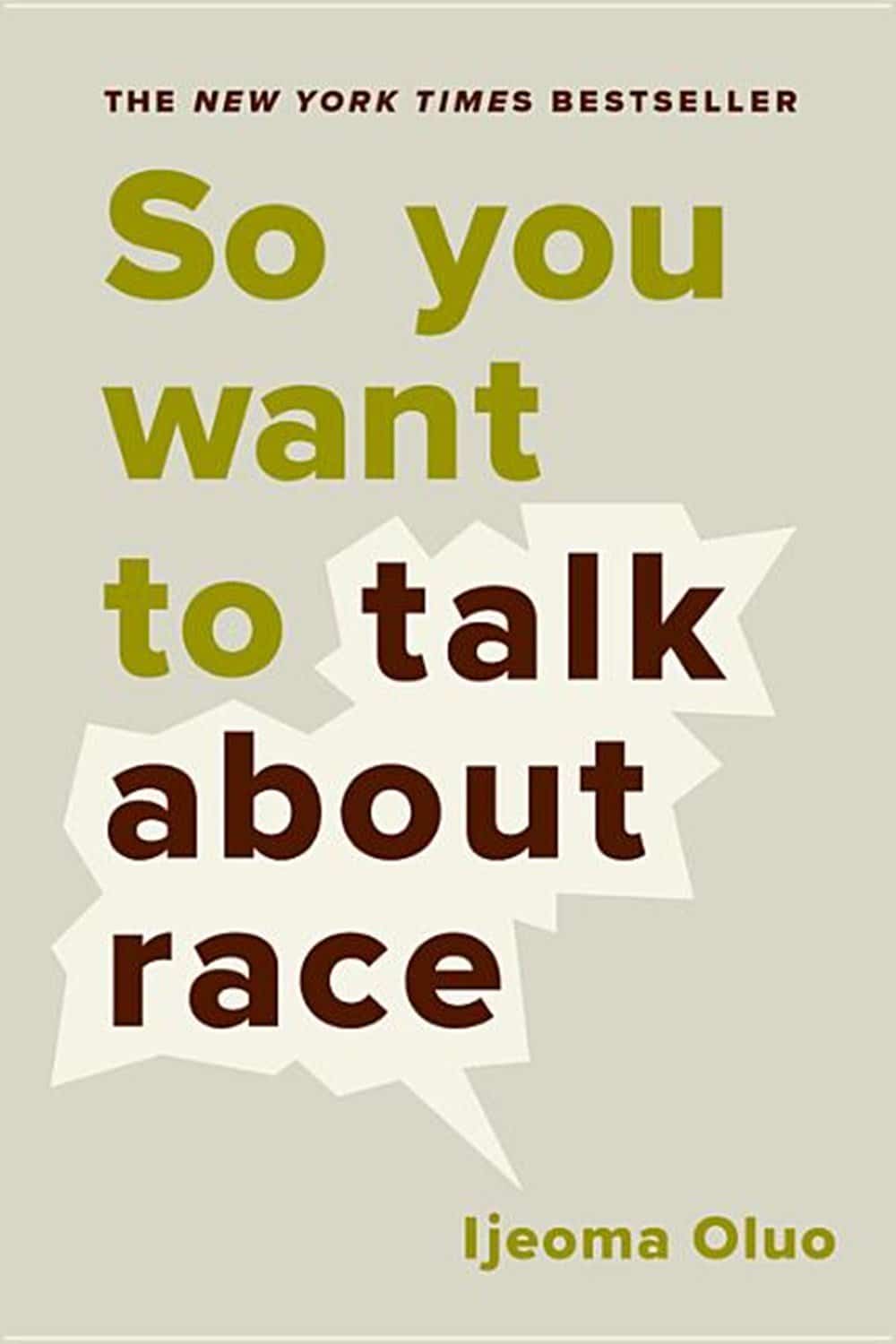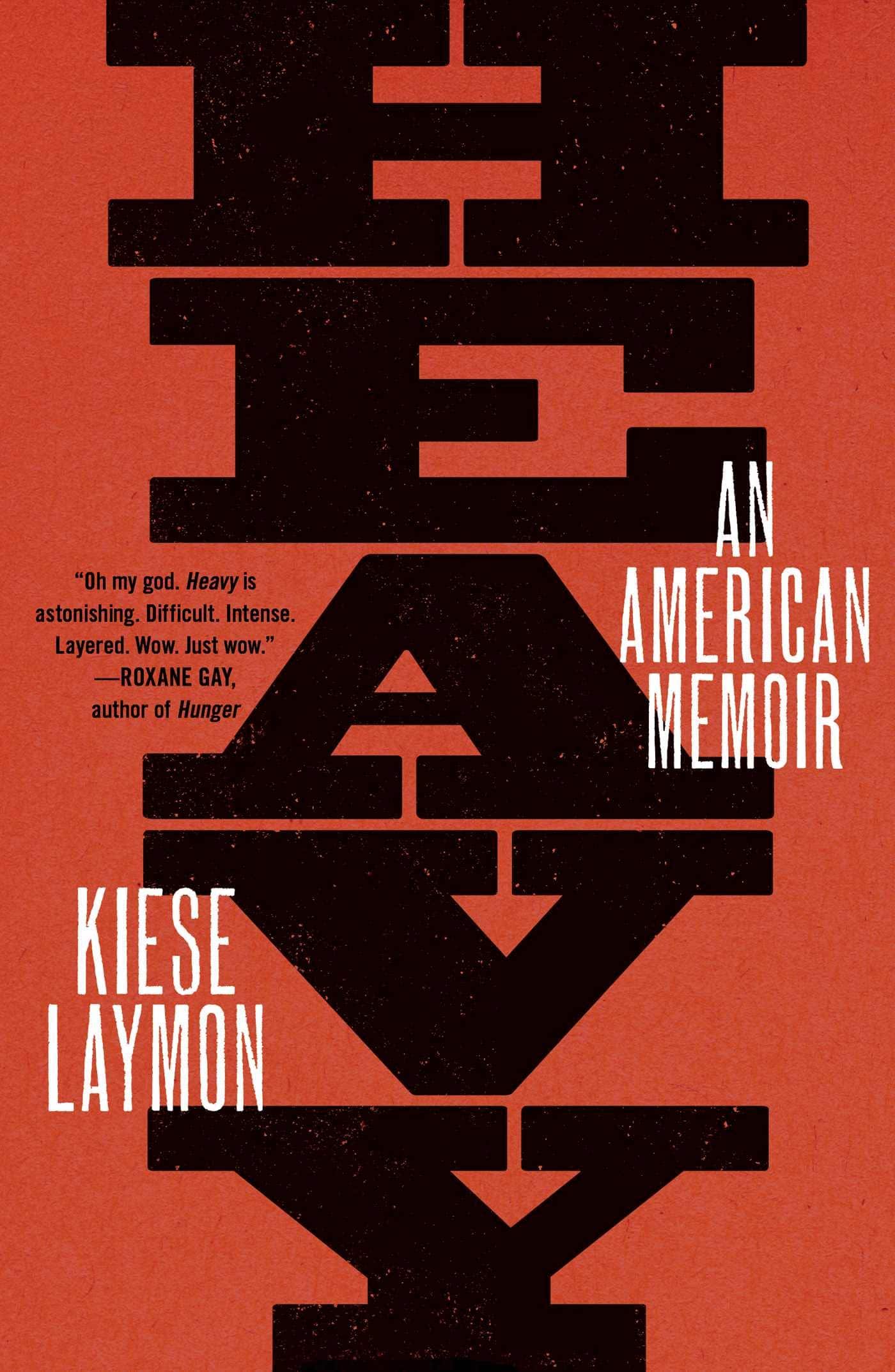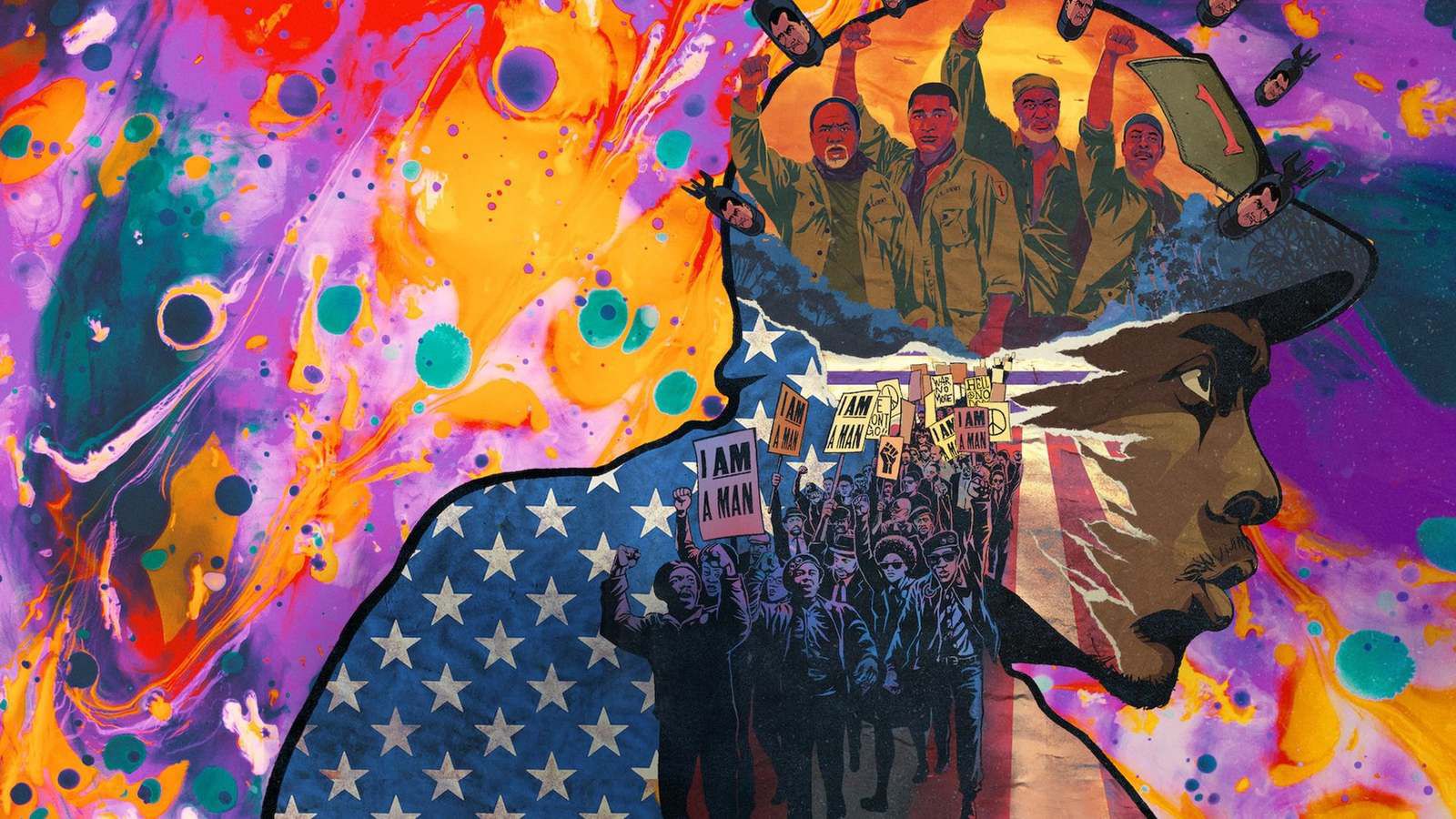Want to hear more from the actors and creators of your favorite shows and films? Subscribe to The Cinema Spot on YouTube for all of our upcoming interviews!
Like many others across the country, and even the world, I have been outraged by the unjust killing of George Floyd by four Minnesota police officers on May 25, 2020. My first thoughts were, “What do I do, how do I help, and what can I do to help stop the systematic racism that has ended the lives of so many black people in America?”.
However; this is not my story. I am not the main character in this fight — I can only be an ally in a supporting role. Realizing that, I took a step back and looked to what the black community was asking of white people. I read articles and spoke to friends, and a common theme amongst many was the need for white allies to be more educated on what it is they’re fighting for. Subsequently, I was suggested a few books to help educate myself on a subject of systemic racism in America.
Find below a list of some books that I feel will be useful in educating the public. Every book listed will be linked to an online black-owned bookstore. Please consider supporting black-owned businesses during this time instead of national chains.
1. So You Want to Talk About Race – Ijeoma Oluo
“In this New York Times bestseller, Ijeoma Oluo offers a hard-hitting but user-friendly examination of race in America.”
This novel is just a no-nonsense, plain as day look at the genuine race problems so many Americans face today. From police brutality to race privilege, and even the current Black Lives Matter movement, this novel is a must for the everyday reader trying to understand a world so many are blind to.
2. White Fragility: Why It’s So Hard for White People to Talk about Racism
“The New York Times best-selling book exploring the counterproductive reactions white people have when their assumptions about race are challenged, and how these reactions maintain racial inequality.”
I particularly love this novel.
I downloaded this on audible and listened to it for the past few days. This is the book for when you have friends and family members claim they “don’t see race”. The only white author on the list, Robin Diangelo gives a good perception of why so many white people feel attacked or offended when the topic of race arrises.
3. Chokehold: Policing Black Men
“Former prosecutor Paul Butler examines modern American policing and how criminal justice laws and practices impact black men”
If you need cold hard facts about the disproportionate statistics in how black men are policed, this is the book for you. Paul Butler is a former federal prosecutor that understands the system inside and out and gives a scientific look at the relation between skin color and the modern justice system.
4. The New Jim Crow: Mass Incarceration in the Age of Colorblindness
“In The New Jim Crow, Michelle Alexander tirelessly researches both the legal history of America’s Jim Crow past and the current legal policies that contribute to the mass incarceration of black people.”
Similar to the aforementioned novel, Chokehold, Michelle Alexander is a civil rights litigator and legal scholar that helps readers understand the correlation between race, specifically African American, and mass incarceration; something he equates to the modern version of the new Jim Crowe laws.
5. Heavy: An American Memoir
“Kiese Laymon explores what the weight of a lifetime of secrets, lies, and deception does to a black body, a black family, and a nation teetering on the brink of moral collapse.”
What feels like the most personal book on this list, Kiese Laymon fills this novel with personal stories and anecdotes of his life growing up, paired with an exceptionally intellectual dialogue of how the situations relate to the world around him. A powerful novel of a man who had the world stacked against him both literally and metaphorically.
Education is not the end-all, be-all answer for racism in the United States. In fact, it’s arguably just the first step, but it is a step nonetheless. I encourage everyone reading this to get out and do what they can for their local community during this time of mourning.
I cannot understand what it is the black community is going through, but I will stand in support and I will stand educated.
Find more Black Lives Matter resources: here and here
A comprehensive list of black-owned bookstores: here







3 Comments on “A Resource Guide to Understanding Racism”